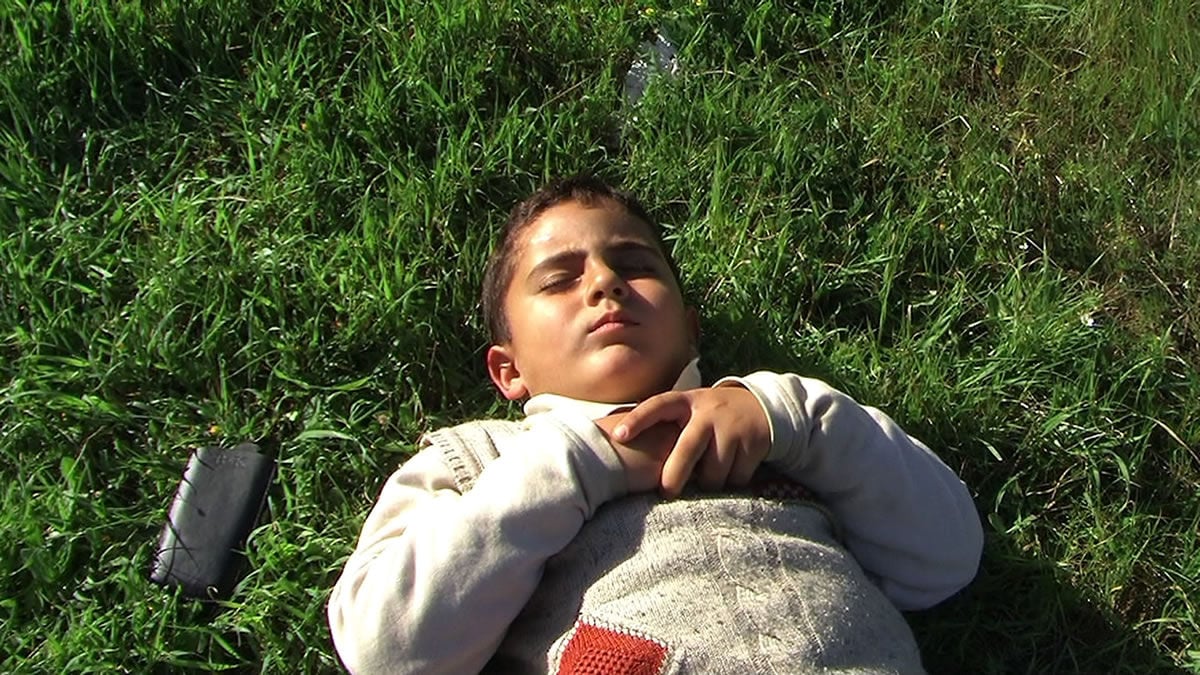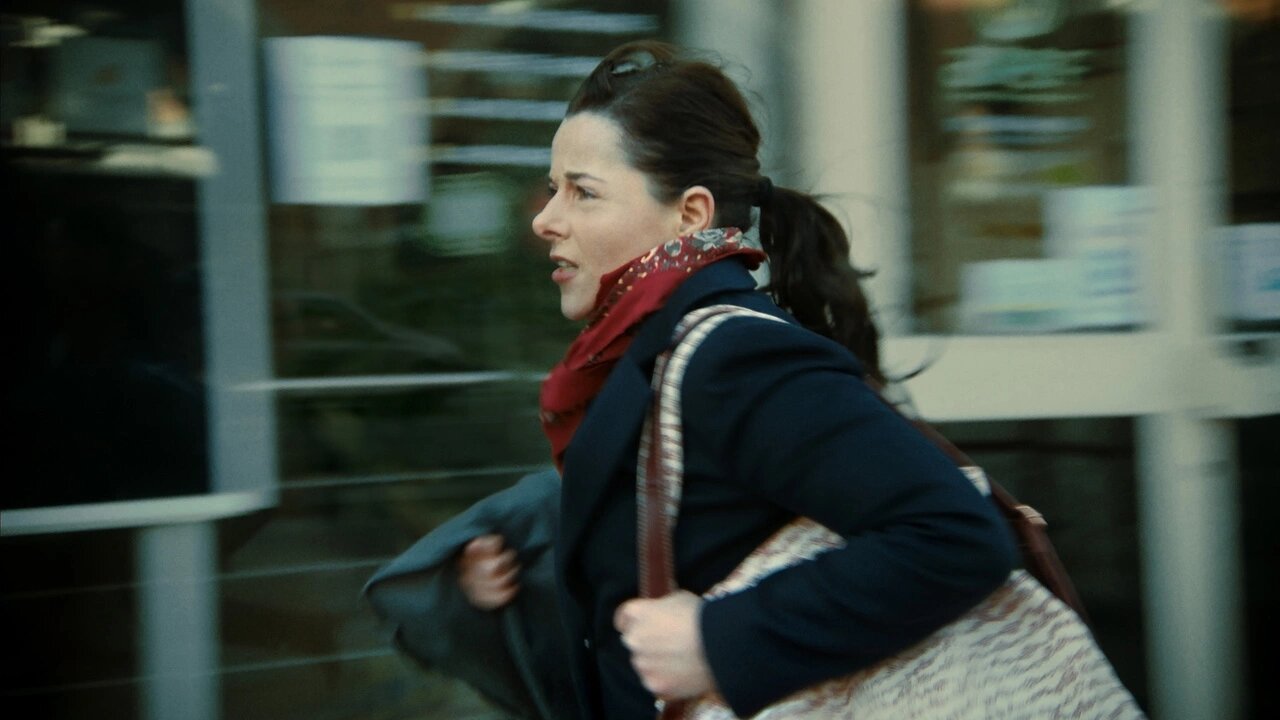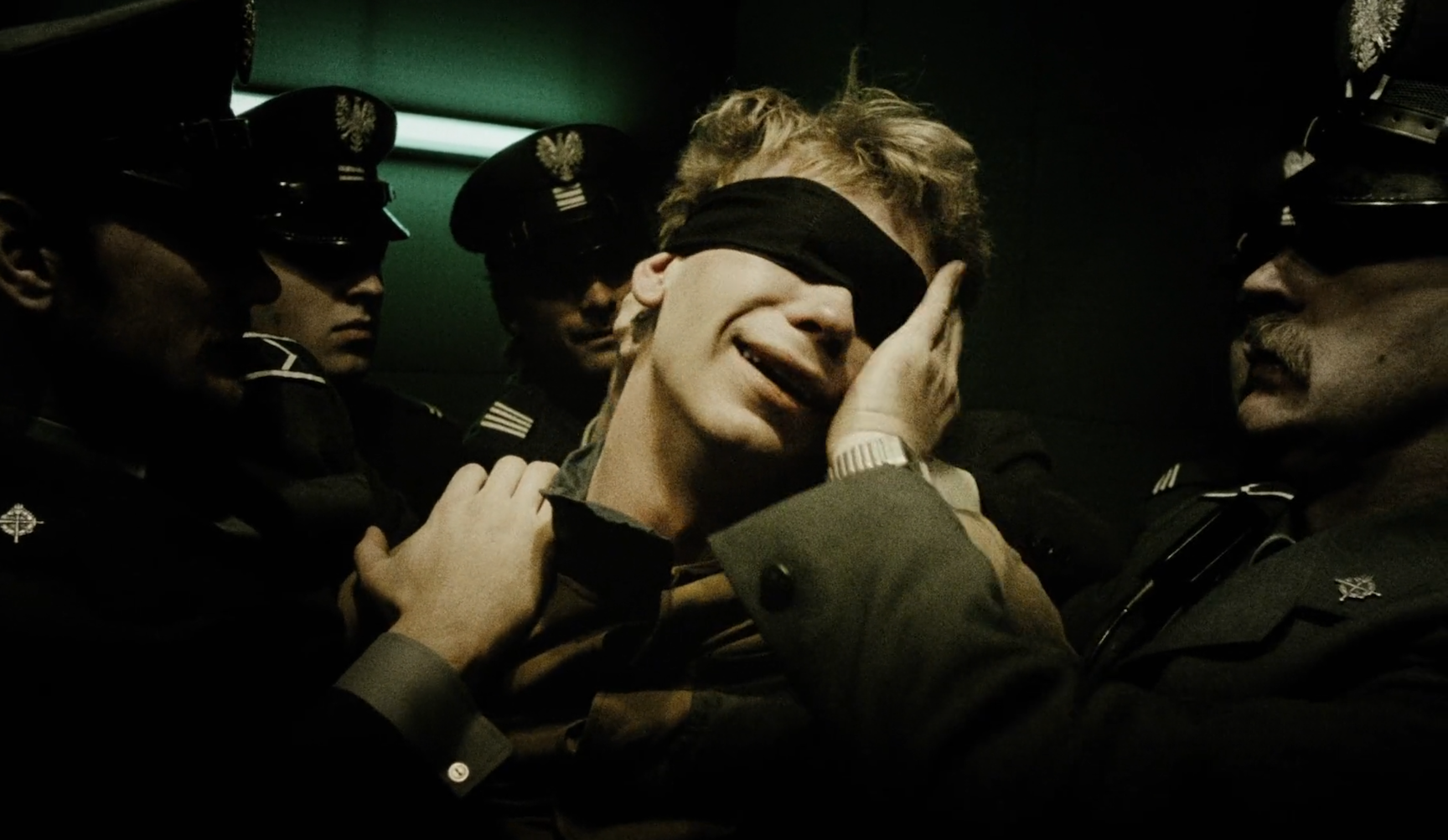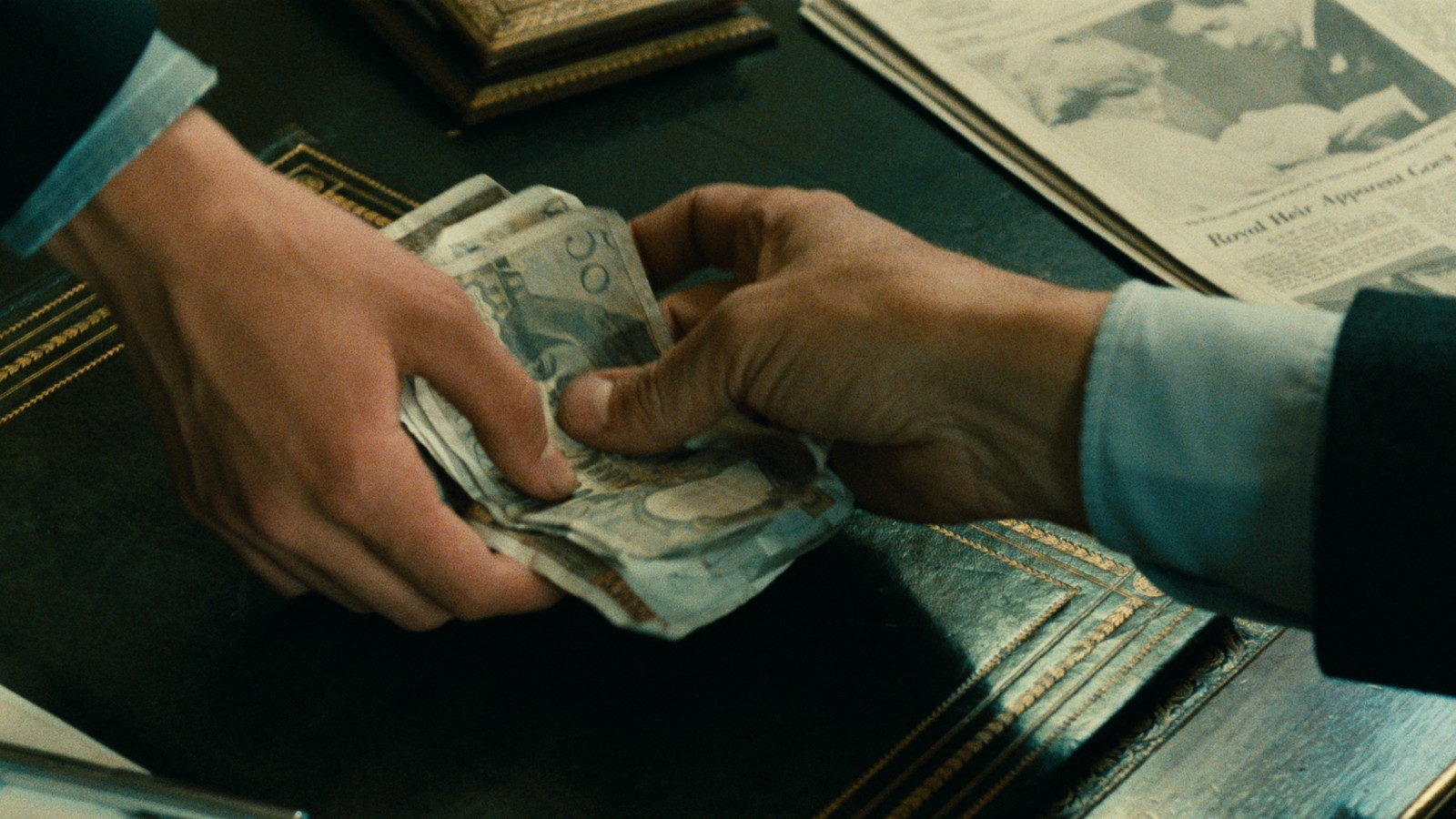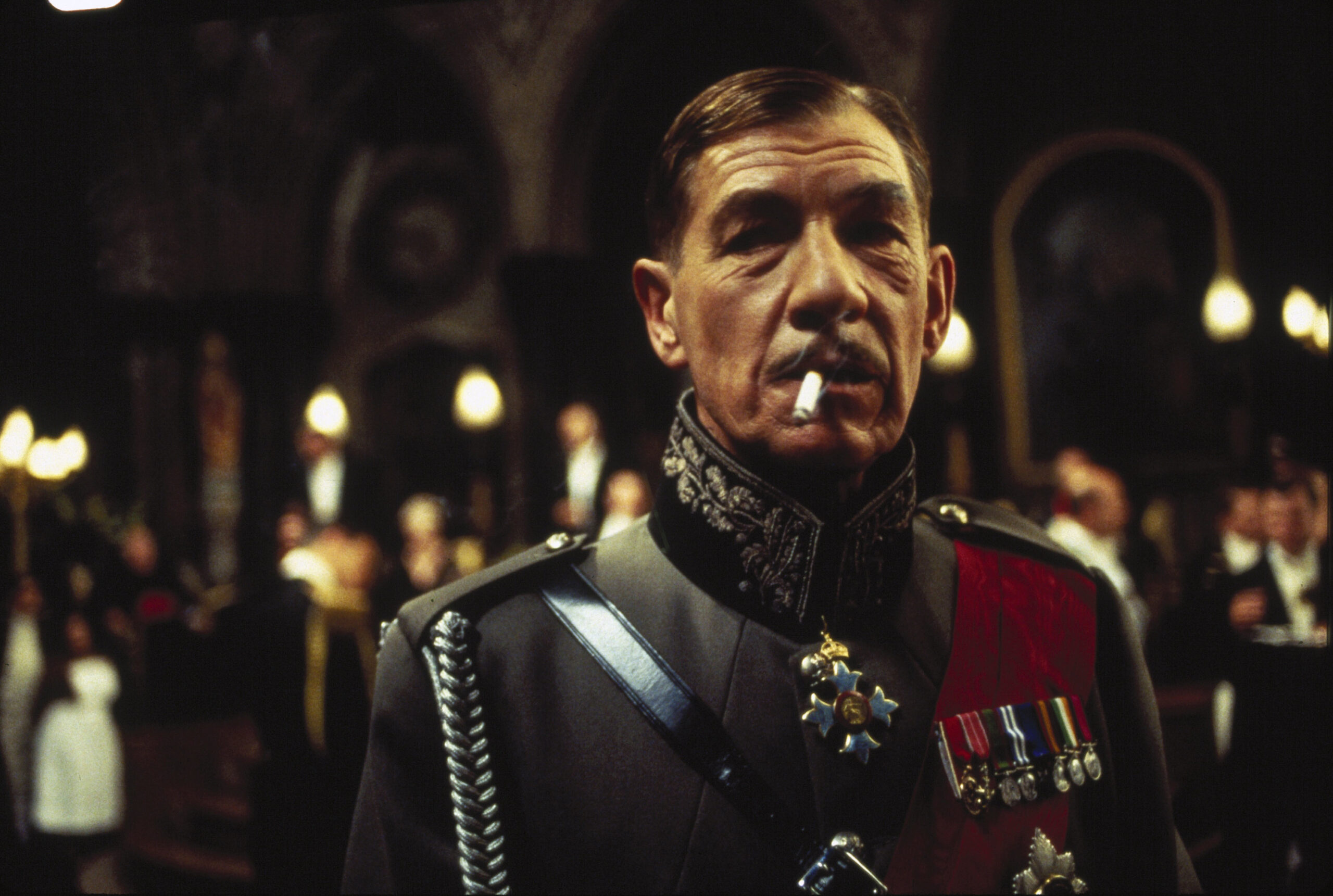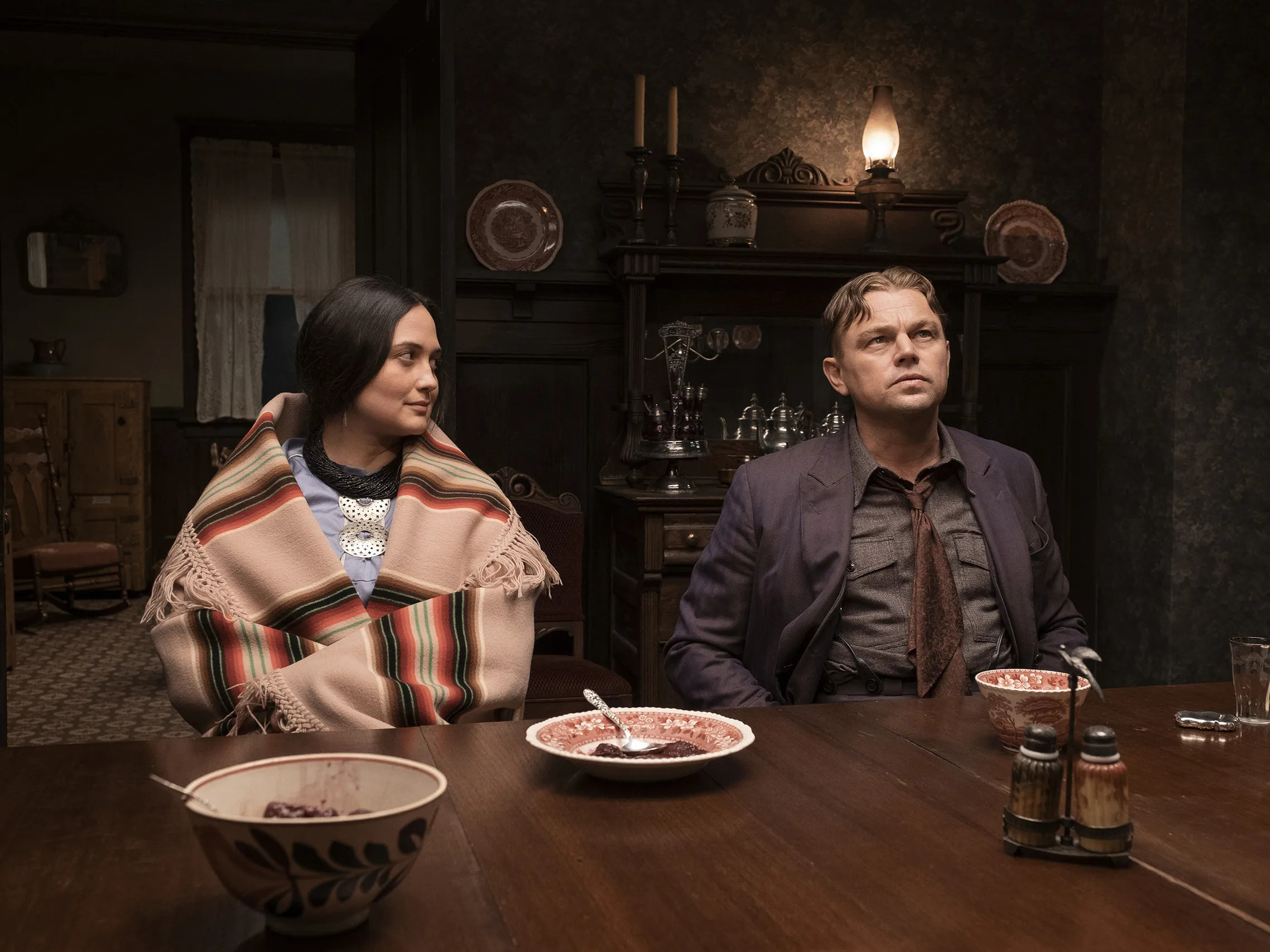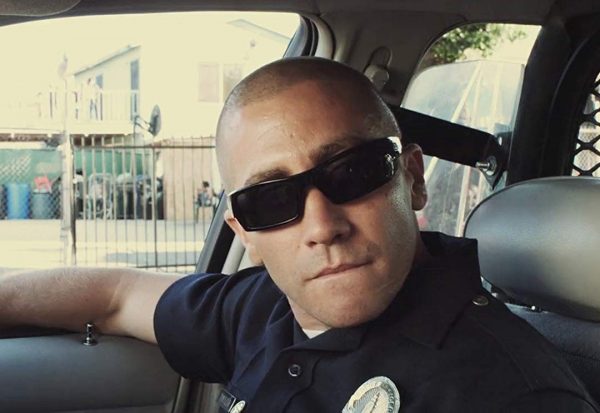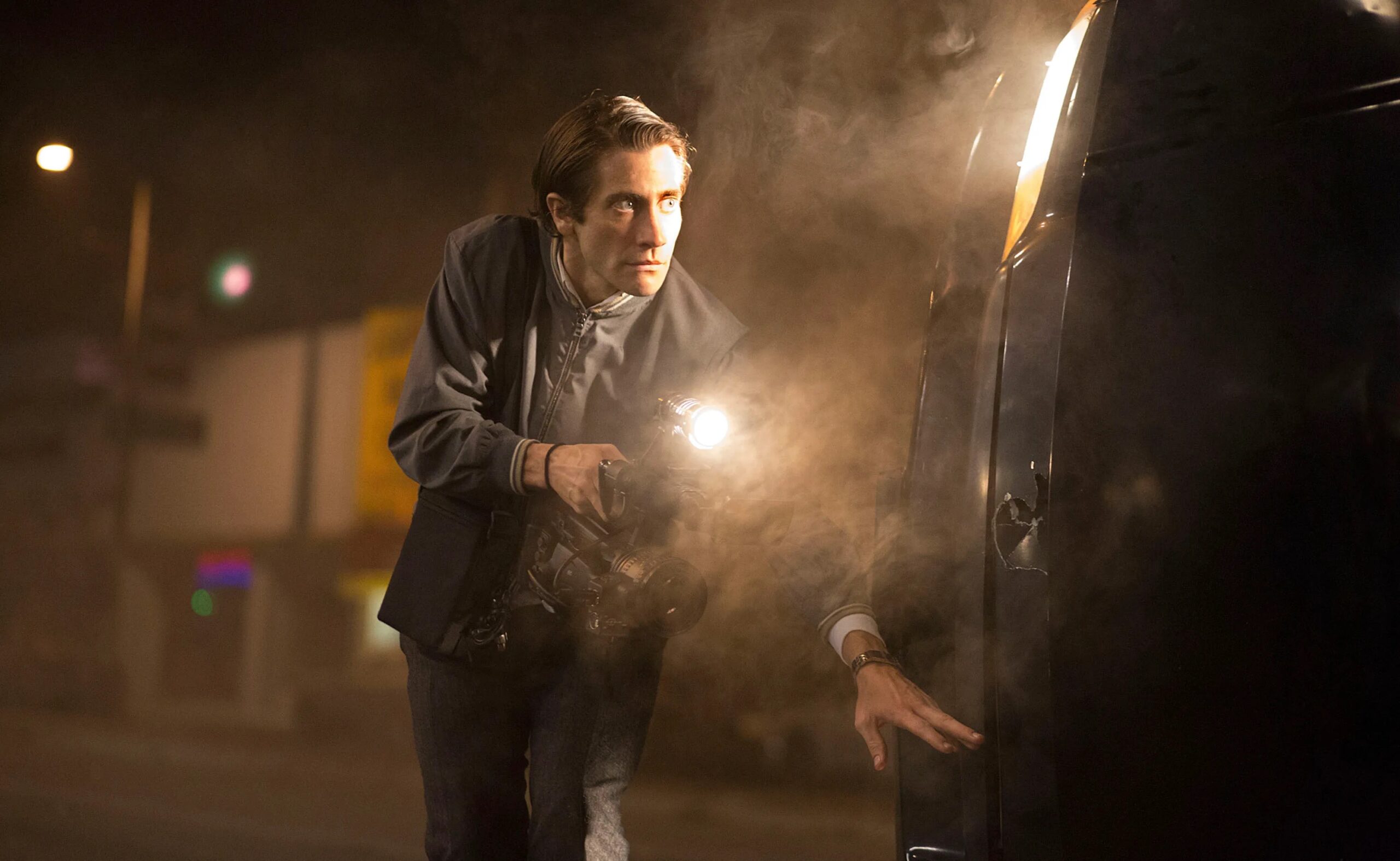
70 Best Anxiety-Inducing Movies
April 8, 2025
Share:
It seems counterintuitive, but there’s something cathartic about watching movies that keep you on the edge of your seat. Anxiety builds up as you follow characters do one infuriating thing after another—and when the credits finally roll, you find yourself gasping in relief like a tight valve of pressure inside you was released.
To that end, we’ve compiled the best anxiety-inducing movies you can watch right now. Whether you’re looking for a challenging slow burn like Mass, an intense drama like Whiplash, an intricate heist like Bad Genius, or an erotic thriller like Thirst, get ready to see the whites on your knuckles as you go through our list of films below.
Read also:
31. 5 Broken Cameras (2011)
Genres
Director
Actors
Moods
In 2005, Palestinian olive farmer Emad Burnat bought a camera to document the birth of his new son, Jibreel. But what was intended as an act of celebration quickly grew into something else, as Burnat inadvertently became a documentarian of the oppression his West Bank village faced when a wall was erected through it and Palestinian farmland illegally appropriated by Israeli settlers. As we come to witness, this reluctant pivot is just another example of everyday life in Bil’in being forcibly reoriented by the occupation, as Burnat captures the daily struggles of life in the village and charts the innocence-shattering effect the occupation has on young Jibreel’s burgeoning consciousness.
Over his footage of encroaching illegal settlements, the arrests of Palestinian children in the middle of the night, the point-blank shootings of blindfolded and handcuffed peaceful protestors — plus tender snapshots of nature and joyful events in the village — Burnat delivers a poetic, reflective narration that miraculously ties these horrible and hopeful images together. It’s this intimacy of perspective that makes 5 Broken Cameras profoundly harrowing and unexpectedly transcendent — a personal document of oppression that is also a testament to the miraculous persistence of the human spirit, the resilience of life and the urge to seek beauty even under truly awful circumstances.
32. Full Time (2021)
Genres
Director
Actors
Moods
Full Time is about the Herculean task that is getting through the day. For Julie Roy (the incredible Laure Calamy), that means keeping a job in the city as a single mother living in the suburbs. In this particular week, she has to attend to childcare, work a job below her skill set, apply for a job that actually matches her skill set, and get home before her children’s bedtime, all while a transport strike immobilizes the city.
Protests aside, Julie’s reality is an everyday feat some of us don’t even bother to question, but the film—edited and scored like a thriller—makes a vital point about the overlooked difficulties of juggling career, family, and self.
It’s unrelenting, intense, and truly gripping from start to end, kind of like Uncut Gems for the everywoman. It’s rare to see social commentary at this pace, but it’s also unexpectedly powerful, a necessary portrait of the times.
33. A Short Film About Killing (1988)
Genres
Director
Actors
Moods
Even before any blood is inevitably shed during A Short Film About Killing (which serves as the expansion of another episode from director Krzysztof Kieślowski’s Dekalog miniseries, alongside A Short Film About Love), there’s something positively oppressive and sinister even just in the way the movie is shot. Kieślowski and cinematographer Witold Adamek use color filters to make the film deliberately ugly—as if the image is degrading right in front of us. Oftentimes shadows obscure the edges of the frame, shining a sickly yellow spotlight on the characters on screen. It’s the perfect way to get right into the heads of these people existing in a lawless land driven by primal instinct.
When crime and punishment finally occur, they’re equally difficult to watch unfold, but in different ways. Kieślowski lingers on the details—the tools and processes that we tell ourselves will make the act of killing easier. And what he’s ultimately able to expose is how capital punishment has been made to seem humane, just, or necessary, when it’s often even more barbaric, cruel, and unproductive than a crime borne of desperation. The very government that does nothing to address the roots of crime is the same one most eager to kill criminals instead.
34. L’Argent (1983)
Genres
Director
Actors
Moods
With his final film, octogenarian master filmmaker Robert Bresson found the violent, chilling truth in that old cliché, “money is the root of all evil.” L’Argent extends the simplicity of its title (literally, “Money”) into the fabric of the film, using an extremely bare style to track the devastating domino effect that a childish ruse has on one man’s life. When a shopkeeper realizes two schoolboys swindled him out of 500 francs with a counterfeit note, he decides to pass the problem on by paying delivery man Yvon (Christian Patey) with the false note. But when Yvon tries to pay for his lunch with the money, the police are called and his life unravels.
This is just the start of L’Argent’s clinical exploration of the meanness and littleness of man’s greedy spirit. Yvon’s downfall is chronicled with matter-of-fact coldness: everything onscreen is minimal, from the precise cinematography and frugal editing to the non-professional actors’ expressionlessness. This detached style encourages us to absorb all the bitter emotion of the story, which feels — in such an economical format as this — like a moral tale as old as time, but no less cutting.
35. Richard III (1995)
Genres
Director
Actors
Moods
One of Shakespeare’s most indelible works is brought roaring to life in this explosive adaptation. The action is transposed from the 1400s to brutalist 1930s England, with the bloody civil war between the houses of Lancaster and York being waged by tanks and planes instead of cavalry. The switch isn’t merely cosmetic, though: in an inspired move, usurper Richard is reimagined here as the fascist head of an army of Nazi-esque Blackshirts (an analog of real militant far-right leader Oswald Mosley). Ian McKellen, who also co-wrote the screenplay, gives an odious but brilliant performance as the titular Machiavellian schemer who will stop at nothing to seize the crown, even betraying his own blood.
McKellen is joined by a gluttony of acting talent: Maggie Smith plays the King’s despairing mother, Annette Bening and Robert Downey Jr. are the unfortunate American queen and her brother, while the likes of Jim Broadbent, Bill Paterson, Kristin Scott Thomas, and Jim Carter fill up the royal court. All the richness of Shakespeare’s original writing is retained, charging the performances and the film around them with a grand sense of drama. Peter Biziou’s ostentatious cinematography is a perfect frame for it all, and helps cement this as much, much more than a piece of filmed theater.
36. Killers of the Flower Moon (2023)
Genres
Director
Actors
Moods
Martin Scorsese’s Killers of the Flower Moon isn’t a whodunnit; in fact, it’s closer to a who-didn’t-do-it. We know from the very beginning who is responsible for committing the brutal serial murders of wealthy Osage Native Americans in 1920s Oklahoma that the film chronicles: pretty much every single one of their white neighbors, spearheaded by William Hale (a skin-crawling Robert De Niro). Scorsese, most often associated with mafia stories, stealthily suggests here that the most dangerous gang of all is the one into which all these perpetrators have been born. That’s an idea he investigates through the confused loyalties of Leonardo DiCaprio’s Ernest Burkhart, the Judas-like husband of Mollie (movie-stealer Lily Gladstone), an Osage woman who owns lucrative oil headrights that William wants to fatten his own pockets with. This searing epic — based on a harrowing chapter of real American history — is an unsparing and self-implicating look at complicity and greed in the eye, a monumental movie that cements its maker as one of the greatest to ever do it.
37. Io Capitano (2023)
Genres
Director
Actors
Moods
Journeying from Africa to Europe without an official permit isn’t just risky, it’s dehumanizing, if not lethal. And though we’ve heard about the many unfortunate ways migrants have suffered, never has the crisis been as intimately and intensely portrayed as in Io Captain. Here, we get to see who Seydou and Moussa were before the voyage out of Senegal, before they were reduced to anonymous bodies bound to torture, slavery, and racism. Director Matteo Garrone takes care not to exploit their lives and instead highlights the joy and hope they left behind and continue to find in small but meaningful portions. Garrone achieves a delicate balance between stark, depressing reality and heartwarming hope, and it’s beautiful to watch. All this in addition to stunning cinematography and unbelievable performances by the two young leads makes Io Capitano easily one of the best films in recent years.
38. Kneecap (2024)
Genres
Director
Actors
Moods
When we think of biopics, we think of underdogs overcoming all odds just through the magnetic power of one’s voice or mastery of their instrument, with the accolades a natural reward for all they’ve been through. Kneecap is not that. The biopic about the titular Belfast hip hop act acknowledges the Troubles, but right off the bat, they would rather tackle that through the actual music. With a low budget, Kneecap dresses themselves in neon tracksuits, reliving their beginnings with stylized camera movements, scribbled out lyrics and action lines, and an impeccable energetic score sync from their usual music video director Rich Peppiatt. It’s an exciting new portrait of the band and Ireland today.
39. End of Watch (2012)
Genres
Director
Actors
Moods
First off you have to remember it is the same writer as Training Day. Then you have to believe that he must have gone to a joint training camp between the Taliban and Mexican Cartels or something since Training Day to come up with such a tense, unpredictable script. But End of Watch is more than that. It is warm and sweet (yes), and a great showcase of Gyllenhaal and Pena’s talents — which thanks to a documentary-style cinematography, and the actors’ 5-month immersion program with actual LA cops, make for a very authentic, rich, and overall exciting film.
40. Nightcrawler (2014)
Genres
Director
Actors
Moods
The film stars Jake Gyllenhaal as Lou Bloom, an impromptu freelance videographer who begins covering the crime world in LA for a local TV station. Almost as dark as a mystery can get, it is disturbing, and plays out as a combination of “Drive” and “The Network”. The film is visually stunning as well as immensely suspenseful. It then becomes almost impossible to look away, even when you’re the most horrified by just how far Bloom is willing to go to reach success. Gyllenhaal’s performance is widely compared to that of Robert De Niro in Taxi Driver, which should give you an idea of its caliber.
Comments
Add a comment
Ready to cut the cord?
Here are the 12 cheapest Live TV streaming services for cord-cutting.
More lists
Lists on how to save money by cutting the cord.
Curated by humans, not algorithms.
© 2025 A Good Movie to Watch. Altona Studio, LLC, all rights reserved.
